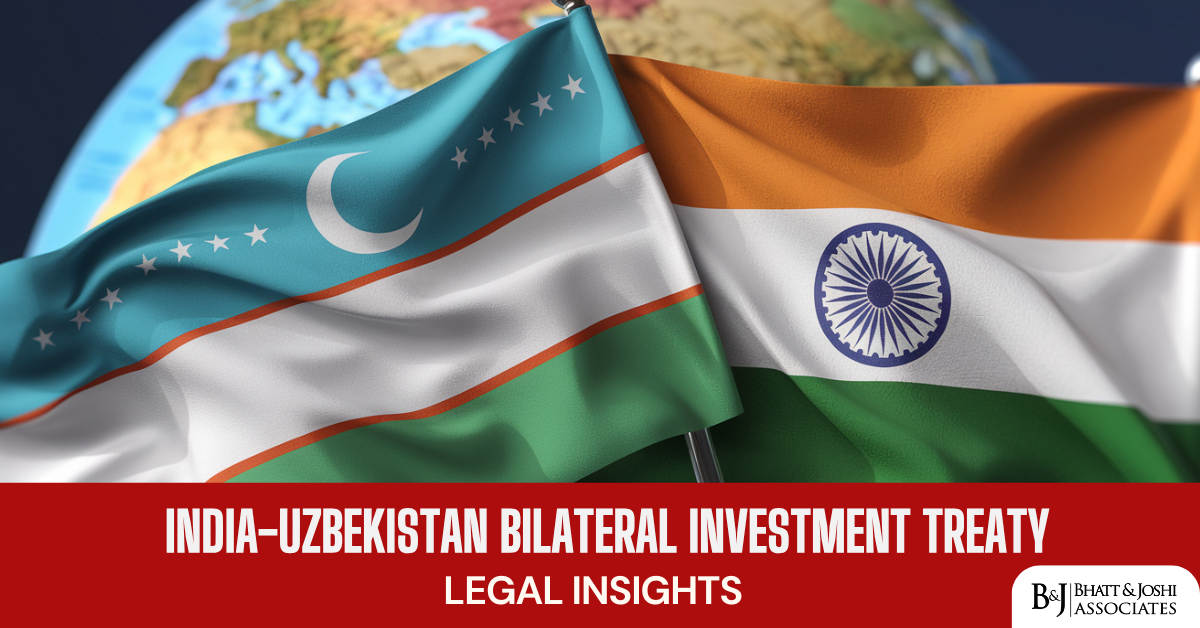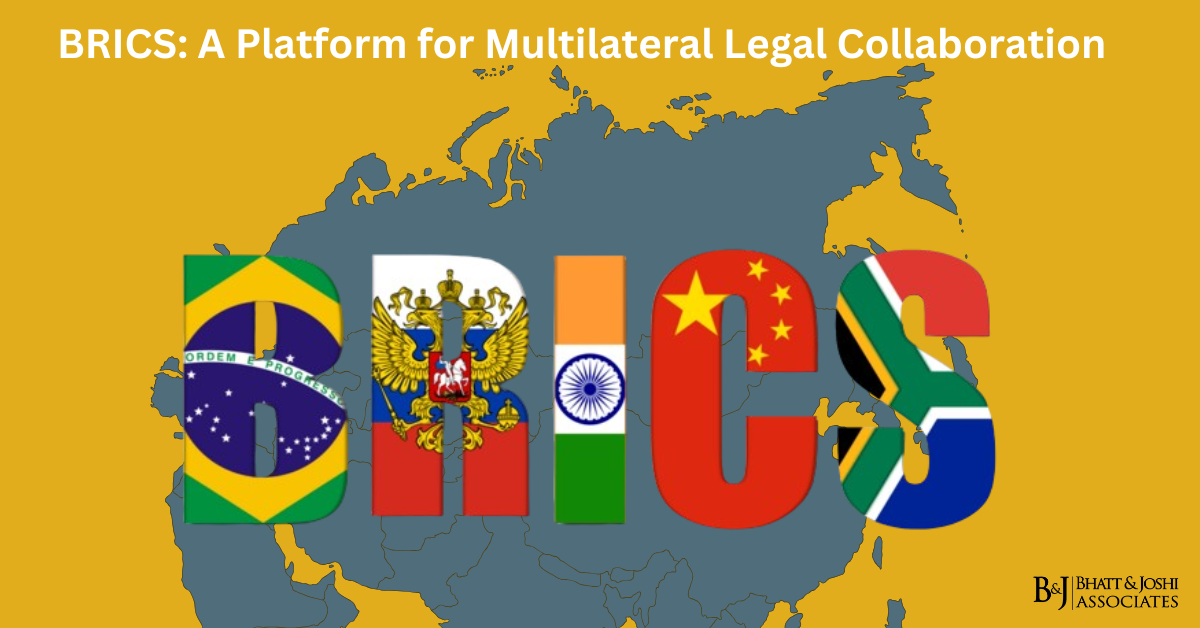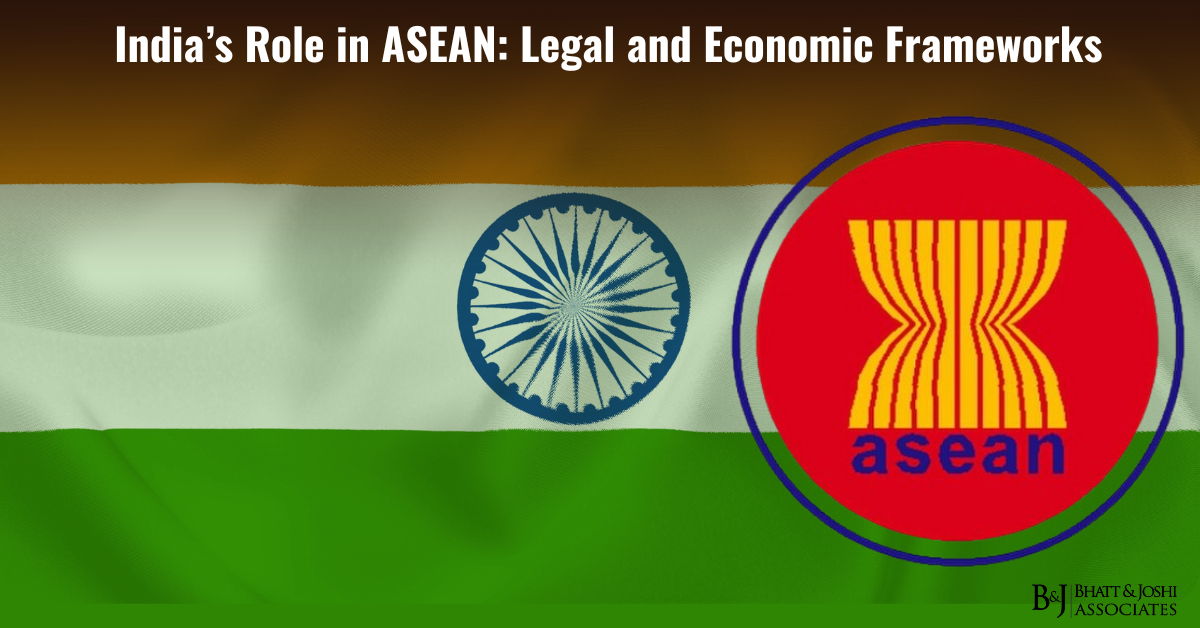Introduction
The digital age has ushered in unprecedented challenges in protecting personal data, making robust data protection frameworks essential for safeguarding individual privacy and ensuring responsible data handling. India’s proposed Data Protection Authority (DPA) under the Personal Data Protection Bill represents a significant step toward establishing a comprehensive data protection regime. This authority is designed to serve as the cornerstone of India’s data protection framework, embodying the principles of privacy, security, and accountability in the digital ecosystem.
Evolution of Data Protection in India
Historical Context
India’s journey toward data protection began with the recognition of privacy as a fundamental right. The Supreme Court’s landmark judgment in Justice K.S. Puttaswamy vs. Union of India (2017) established privacy as a fundamental right under Article 21 of the Constitution. This judicial pronouncement set the stage for comprehensive data protection legislation, acknowledging the need to protect personal information in the digital age.
Constitutional Framework
The constitutional basis for data protection stems from the fundamental right to privacy, which encompasses informational privacy. The Supreme Court’s interpretation has evolved to recognize that individuals have autonomy over their personal information, requiring adequate safeguards against unauthorized collection, processing, and dissemination of personal data.
Legislative Journey
The path to data protection legislation in India has been marked by various iterations and consultations. Following the recommendations of the Justice B.N. Srikrishna Committee, the Personal Data Protection Bill underwent several revisions to align with emerging technological challenges and global standards. The legislative process has involved extensive stakeholder consultations, reflecting the complex balance between innovation, economic growth, and privacy protection.
The Personal Data Protection Bill
Core Principles
The bill is founded on key principles of data protection, including purpose limitation, collection limitation, and lawful processing. These principles draw inspiration from international frameworks while incorporating provisions specific to India’s unique digital landscape. The legislation emphasizes consent-based data processing, with exceptions clearly defined for legitimate state interests and certain business purposes.
Key Provisions
Central to the bill are provisions governing consent mechanisms, data localization requirements, and special protections for sensitive personal data. The legislation introduces concepts like privacy by design, mandatory data protection impact assessments, and the appointment of Data Protection Officers for significant data fiduciaries.
Scope and Jurisdiction
The bill’s jurisdiction extends to both personal and non-personal data processing within India and, in certain cases, to processing outside India involving Indian residents. The extraterritorial application ensures comprehensive protection of Indian citizens’ data rights while addressing challenges in the global digital economy.
Data Protection Authority
Structure and Composition of Data Protection Authority
The proposed Data Protection Authority is designed as an independent regulatory body comprising a chairperson and six whole-time members, appointed through a rigorous selection process. The selection committee, headed by the Chief Justice of India or a Supreme Court Judge, ensures the authority’s independence and expertise in technology, law, and public policy.
Powers and Functions of Data Protection Authority
The DPA is vested with extensive powers to protect individuals’ interests and ensure compliance with data protection requirements. These include rule-making authority, investigation powers, and the ability to impose penalties for violations. The authority can issue directions, conduct inquiries, and establish standards for data protection practices.
Regulatory Framework under Data Protection Authority
The regulatory framework established under the DPA encompasses various aspects of data protection, including registration requirements for significant data fiduciaries, audit mechanisms, and grievance redressal procedures. The authority is empowered to specify appropriate technical and organizational measures for ensuring data security.
Enforcement Mechanism of the Data Protection Authority
Investigation Process of the Data Protection Authority
The DPA’s investigation process is structured to ensure fairness and effectiveness in addressing data protection violations. The authority can initiate investigations suo moto or based on complaints, with powers to access facilities, examine records, and question individuals relevant to the investigation.
Penalties and Remedies
The enforcement framework includes substantial penalties for violations, with fines linked to global turnover for serious breaches. The remedial measures available to the DPA range from warnings and directions to monetary penalties and compensation orders for affected individuals.
Appeals Process
A robust appeals mechanism is established through the Data Protection Appellate Tribunal, providing a specialized forum for challenging DPA decisions. The tribunal’s composition ensures technical and legal expertise in adjudicating complex data protection matters.
Rights and Obligations of Data Principals and Fiduciaries
Data Principal Rights
The legislation grants comprehensive rights to data principals, including the right to confirmation and access, right to correction and erasure, and right to data portability. These rights are designed to empower individuals with control over their personal information while ensuring practical implementation mechanisms.
Data Fiduciary Duties
Data fiduciaries are subject to detailed obligations regarding data processing, including transparency requirements, security safeguards, and breach notification procedures. The framework introduces graduated obligations based on the volume and sensitivity of data processed.
Cross-Border Data Flows
The regulation of international data transfers balances data protection with business needs through mechanisms like adequacy determinations, standard contractual clauses, and specific approvals. The framework acknowledges the global nature of data flows while ensuring adequate protection for Indian residents’ data.
International Perspectives on Data Protection
Global Best Practices
The DPA’s framework incorporates elements from successful data protection regimes worldwide, particularly the European Union’s General Data Protection Regulation (GDPR). The adaptation of international best practices considers India’s specific context and requirements.
Comparative Analysis
A comparison with other jurisdictions reveals both similarities and unique aspects of India’s approach. The framework addresses distinctive challenges in the Indian context while maintaining compatibility with global data protection standards.
International Cooperation
Provisions for international cooperation enable the DPA to engage with foreign counterparts, facilitating coordinated enforcement actions and information sharing. This cooperation is crucial for addressing cross-border data protection challenges effectively.
Implementation Challenges of Data Protection Framework
Technical Considerations
The implementation of data protection requirements poses technical challenges, particularly for smaller organizations. The DPA must balance robust protection with practical feasibility, considering varying technical capabilities across sectors.
Administrative Hurdles
Building institutional capacity, establishing efficient processes, and ensuring consistent enforcement represent significant administrative challenges. The authority must develop mechanisms to handle a large volume of complaints and compliance matters effectively.
Resource Requirements
Adequate funding, skilled personnel, and technological infrastructure are essential for the DPA’s effective functioning. The resource allocation must support both regulatory oversight and capacity-building initiatives.
Future Implications of Data Protection in India
Impact on Business
The data protection framework will significantly impact business operations, requiring investments in compliance mechanisms and potential modifications to data handling practices. The DPA’s approach to enforcement will influence business strategies and innovation in the digital economy.
Social Consequences of Data Protection
The implementation of comprehensive data protection measures will enhance individual privacy rights and potentially influence digital behavior patterns. The framework’s effectiveness will depend on public awareness and engagement with data protection principles.
Way Forward for Data Protection
The evolution of the data protection regime requires continuous adaptation to technological changes and emerging challenges. The DPA’s role in shaping this evolution while maintaining regulatory certainty will be crucial for the framework’s success.
Conclusion
The establishment of the Data Protection Authority under India’s Personal Data Protection Bill marks a significant milestone in the country’s digital governance framework. The authority’s success will depend on its ability to balance robust data protection with innovation and economic growth. While challenges exist in implementation and enforcement, the comprehensive framework provides a strong foundation for protecting individual privacy rights in the digital age. The DPA’s evolution and effectiveness will significantly influence India’s position in the global digital economy while ensuring the fundamental right to privacy for its citizens.














